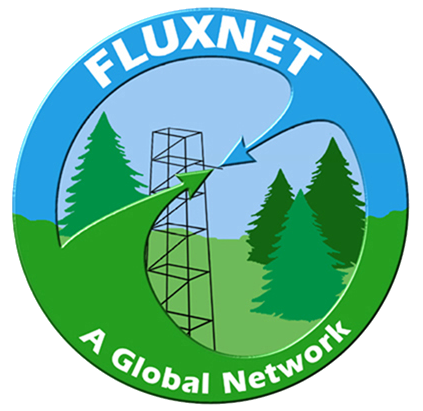
- This event has passed.
Abstracts deadline: AGU session cluster on Surface-Atmosphere Interactions
July 31, 2019
We invite you to submit your abstracts to an AGU Fall Meeting 2019 session cluster on Surface-Atmosphere Interactions. We encourage contributions from scientists on recent advances in the following three areas:
- Scaling: This session will be on research linking surface flux observations to gridded atmospheric models, with particular interest in how surface heterogeneity affects the representativeness of flux measurements.
- Flux data analysis: This session welcomes submissions that present emerging methodological advancements and novel approaches to flux data interpretation.
- Integrated synthesis: This session encourages submissions integrating different data types across multiple sites for understanding the energy and greenhouse gas fluxes of specific ecosystems. Session abstracts are posted below.
The deadline for submissions is Wednesday, 31 July at 23:59 EDT.
Session Details
Surface-Atmosphere Interactions: Advances in Spatial and Temporal Scaling of Surface-Atmosphere Fluxes
Conveners: Brian Butterworth, Stefan Metzger, Ke Xu, Pierre Gentine
Land surface heterogeneity influences patterns of energy, water, and greenhouse gas exchanges and their atmospheric response. The resulting spatial variability is described using direct and remotely sensed measurements from various platforms, alongside numerical simulations. However, these are often performed at differing spatial and temporal scales, none of which perfectly matches the scales of the environmental processes being studied.
For example, the small scale of tower eddy covariance flux measurements limits their spatial representativeness and may neglect larger-scale transport processes. Conversely, ecosystem and atmospheric models operate at larger scales and struggle to incorporate sub-grid processes.
This session focuses on linking flux observations to gridded models. We welcome advances in upscaling surface flux measurements, downscaling atmospheric inversions, and diagnosing their scale-dependence on surface and atmospheric processes. Of particular interest are studies exploring how surface heterogeneity drives local atmospheric circulations, and how those circulations influence the reliability and representativeness of surface flux measurements.
Surface-Atmosphere Interactions: Latest Developments and Emerging Approaches for Ecosystem Flux Data Analysis
Conveners: Anne Griebel, George Burba, Stefan Metzger, Gilberto Pastorello
Over 2100 flux stations collected data in the past, and 700 are presently operational and part of regional and national networks that cover large portions of the globe. The accumulation of such a wealth of ecological data was accompanied by the recent developments of new advanced routines, tools, codes, and software for flux data collection, processing, and analysis. This offers unprecedented analytical power to the flux community and resulted in the development of multiple methods for data quality control, fingerprint-based gap filling, calculation of heterogeneity-corrected budgets and space-time resolved storage and advection fluxes, among many others.
This session focuses on the latest developments in data analysis and information discovery in flux science, and is designed to bring together everyone who has recently developed new tools and approaches that utilize the latest in flux methodologies. We especially welcome submissions that present emerging methodological advancements and novel approaches to flux data interpretation.
Surface-Atmosphere Interactions: From Single Site Flux Measurements to Integrated Synthesis
Conveners: Housen Chu, Dario Papale, Hongyan Luo, Sebastien Biraud
Our understanding of energy, water, and greenhouse gas cycling within the earth system is grounded in in-situ observations. Globally, hundreds of eddy-covariance flux sites measure exchanges of energy and greenhouse gases between the atmosphere and a wide variety of land surface types.
Many flux sites contribute to regional networks and the global FLUXNET, providing globally synthesized and comprehensive datasets. Such joint efforts serve as the foundation for studying energy, water, and greenhouse gas cycling from local to global, and from diel to decadal scales.
This session focuses on the current state and future perspectives of flux measurements, synthesis, and modeling through collaborations and partnerships. We welcome contributions that improve our understanding through advances in theories, instrumentation, models, as well as datasets. Submissions that integrate different data types across multiple sites are particularly encouraged, as well as advancements that improve our understanding of energy and greenhouse gas fluxes at specific ecosystems.
